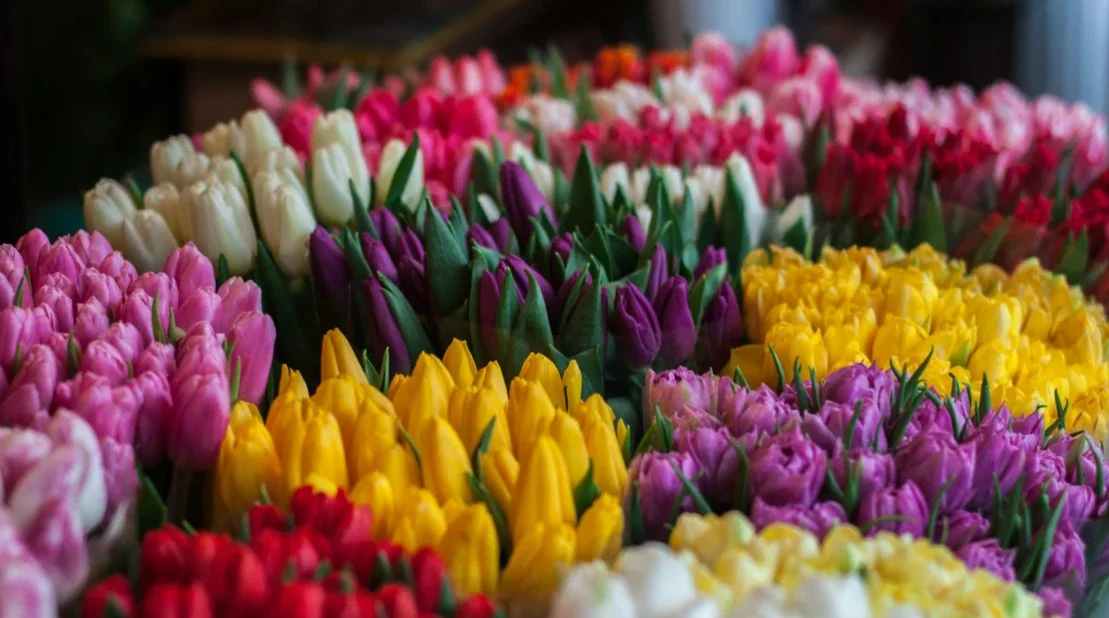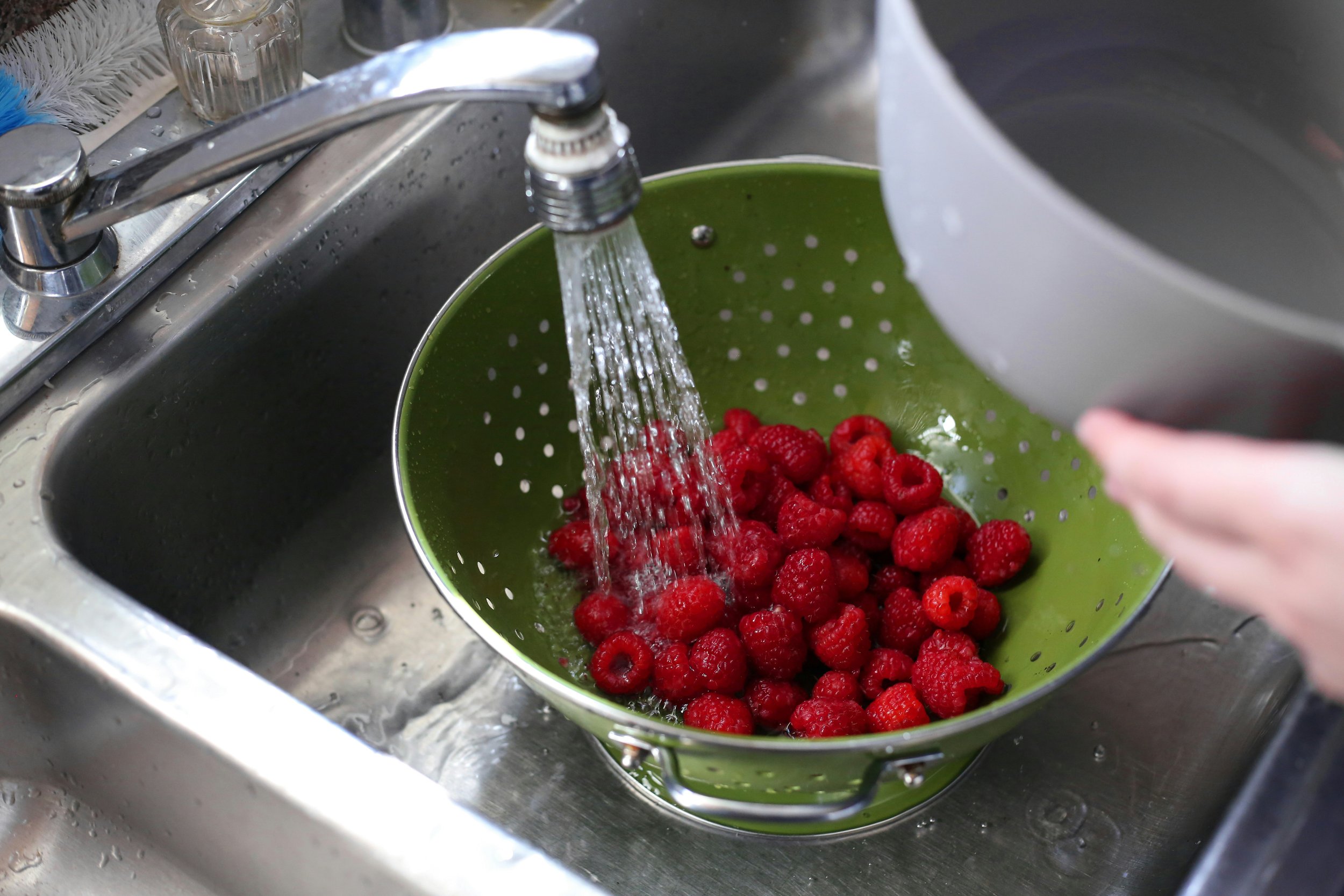Benefits of Flowers to Humans – How Flowers Improve Mood, Health, and Everyday Life
Discover the key benefits flowers provide to humans. Learn how flowers improve mood, reduce stress, boost creativity, support emotional health, and enrich daily life.
Flowers have been part of human life for thousands of years. They appear in celebrations, rituals, homes, and emotional moments, and for good reason. Beyond their beauty, flowers offer a wide range of psychological, emotional, and even physical benefits that support overall well-being. From improving mood and reducing stress to strengthening relationships, flowers have a powerful impact on how we think, feel, and connect with others.
This guide explores the science-backed and cultural benefits of flowers, as well as why incorporating them into your environment can significantly enhance your quality of life.
Flowers Improve Mood and Emotional Well-Being
Flowers have an immediate psychological effect. Their colors, textures, and scents stimulate positive emotional responses, which is why people often feel happier or more relaxed around floral arrangements.
How Flowers Boost Emotional Health
Reduce stress and anxious feelings
Increase happiness and positive emotions
Encourage relaxation and mental comfort
Create a sense of balance and warmth
Even a single bouquet placed in a room can elevate the overall emotional atmosphere.
Flowers Reduce Stress and Promote Relaxation
Nature has a calming influence on the nervous system, and flowers bring a piece of nature indoors. Their gentle shapes and calming scents help the mind slow down and unwind.
Flowers Known for Their Calming Effects
Lavender for relaxation and better sleep
Chamomile blooms for emotional soothing
White lilies for a peaceful environment
Soft-toned roses for gentle comfort
This is why floral arrangements are commonly used in spas, meditation studios, and wellness spaces.
Flowers Enhance Creativity and Productivity
Adding flowers to workspaces has been shown to increase focus and creative thinking. Their presence stimulates the mind and encourages more open, imaginative thought processes.
Why Flowers Help You Work Better
Strengthen concentration
Inspire creativity
Reduce mental fatigue
Improve problem-solving and memory
Colors like yellow, orange, and bright pink can energize a workspace, while calmer shades help maintain focus.
Flowers Strengthen Social and Emotional Connections
Giving and receiving flowers is one of the strongest non-verbal forms of emotional communication. It strengthens relationships, conveys support, and helps people feel understood.
How Flowers Build Connection
They express emotion more deeply than words
They create shared memories
They show appreciation and empathy
They make the recipient feel valued
Floral experts at Ode à la Rose, a boutique NYC flower delivery company, note that receiving flowers triggers an immediate, warm emotional response that often leaves a lasting impression.
Flowers Improve Indoor Air Quality
Some flowers and flowering plants act as natural air purifiers. They absorb toxins, release oxygen, and contribute to a healthier indoor environment.
Air-Purifying Flowers
Peace lilies
Gerbera daisies
Chrysanthemums
Cleaner air makes breathing easier and can support better sleep and overall wellness.
Flowers Support Mental Health and Healing
In hospitals, rehabilitation centers, and home care spaces, flowers play a therapeutic role. Their presence has been linked to improved emotional stability and faster healing.
How Flowers Aid Recovery
Provide emotional support during healing
Reduce sadness and promote hope
Improve energy levels
Create a nurturing, comforting environment
This is why flowers are a traditional and meaningful gift for people recovering from illness or surgery.
Flowers Transform and Improve Living Spaces
Flowers do more than brighten a room visually. They transform the energy of a space, making it feel more welcoming and alive.
Why Flowers Improve Your Home
Add color and natural beauty
Bring a calming outdoor feeling inside
Enhance interior style
Make spaces feel warm and inviting
Even a small vase can instantly change the mood of a room.
Flowers Encourage Mindfulness and Presence
Taking care of flowers or simply observing them encourages mindfulness. These small moments help you slow down, connect with your surroundings, and appreciate simple beauty.
Mindfulness Benefits of Flowers
Reduced overthinking
Emotional grounding
Greater awareness
Improved calm and patience
This quiet interaction with nature promotes peace and mental clarity.
FAQ: Benefits of Flowers to Humans
What are the main psychological benefits of flowers?
Flowers improve mood, reduce stress, and create a sense of calm. Their colors and scents naturally encourage positive emotions.
Can flowers help with anxiety?
Yes. Soft-colored or lightly scented flowers can help lower anxiety and promote relaxation by simply being present in your environment.
Do flowers improve productivity?
Research indicates that flowers in the workplace can enhance creativity, focus, and motivation.
Why do people feel happier when they receive flowers?
Receiving flowers elicits an emotional response associated with appreciation, connection, and a sense of being valued.
Do flowers help clean the air?
Some varieties, such as peace lilies and chrysanthemums, can absorb toxins and help improve air quality.
Are flowers beneficial for healing?
Yes. Flowers placed in recovery spaces help reduce stress and promote emotional stability, supporting the healing process.
Which flowers are best for boosting mood?
Sunflowers, gerberas, tulips, and colorful roses are strong mood enhancers.




